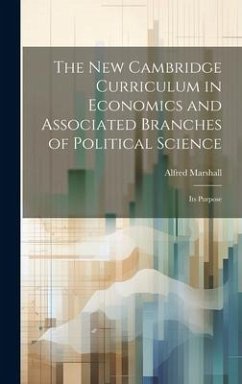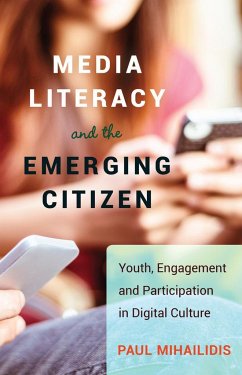
Universities and the Purpose of Higher Education
Expansion and Development in Post-War Britain
Versandkostenfrei!
Erscheint vorauss. 22. Januar 2026
162,99 €
inkl. MwSt.
Weitere Ausgaben:

PAYBACK Punkte
81 °P sammeln!
This thought-provoking book addresses the persistent anxieties surrounding the purpose and direction of higher education, offering a nuanced historical perspective on its transformation. Using Cold War Britain as a lens, the book challenges the prevailing narrative that marketisation was an external imposition, revealing instead how the dynamic priorities of social democratic higher education inadvertently paved the way for their own supersession. Drawing on novel archival insights, it explores experimental initiatives by university leaders and employers and reveals how post-war public investm...
This thought-provoking book addresses the persistent anxieties surrounding the purpose and direction of higher education, offering a nuanced historical perspective on its transformation. Using Cold War Britain as a lens, the book challenges the prevailing narrative that marketisation was an external imposition, revealing instead how the dynamic priorities of social democratic higher education inadvertently paved the way for their own supersession. Drawing on novel archival insights, it explores experimental initiatives by university leaders and employers and reveals how post-war public investment in universities was justified through a dual logic: empowering young people to pursue their individual self-interest, while cultivating the ethical application of specialist knowledge in service of liberal capitalism. It goes on to show how the novel accountability frameworks they constructed, intended to maximise freedom, contained unstable tensions - tensions that remain in today's neoliberal system. Packed full of research, case studies, and policy implications, the book interrogates the successes and failures of innovative teaching and learning practices, as well as the evolving relationship between universities and industry. Throughout, the author offers critical insights into how liberal education might be reimagined to sustain universities in their service to the common good. This is essential reading for students, academics, policymakers, and anyone seeking to understand the moral principles underpinning higher education and their influence on its future.












